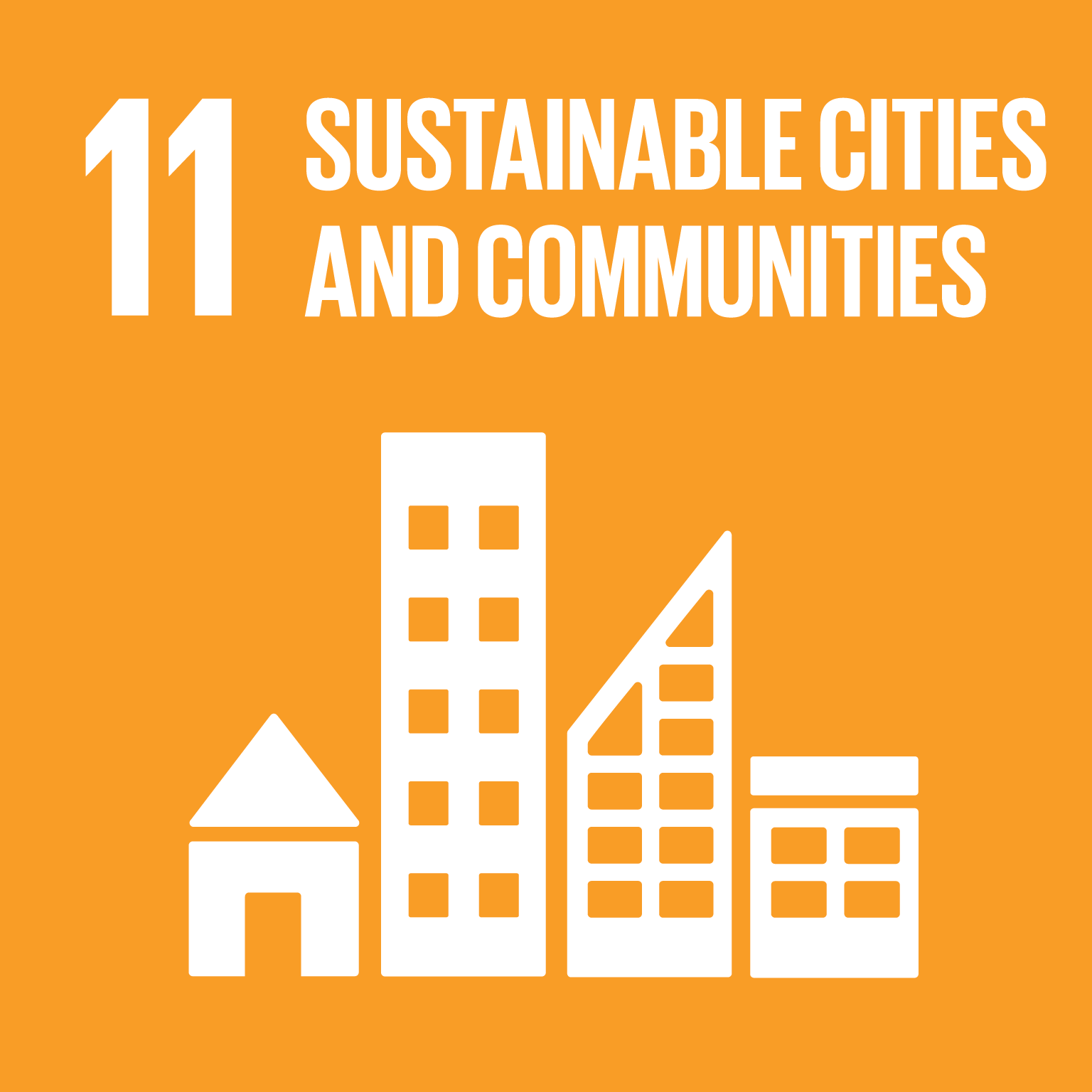The UCD College of Social Sciences and Law is a broad and diverse, but connected community of students and faculty who are committed to creating a more sustainable and equitable future for all. We work together in a culture of collaboration to support each other to thrive and achieve our full potential, in service of broader societal goals. Through our undergraduate and graduate education, research and external engagement, we aim to ensure that our students, faculty and staff thrive and contribute to sustainable well-being on our campus, in Ireland and across the wider world. Our faculty are globally recognized experts in their fields, advancing knowledge through research, engaging with government, business and civil society to enhance our world, and using their knowledge to design and offer cutting-edge education within their disciplines and across the disciplines of Archaeology, Economics, Geography, Information & Communication Studies, Philosophy, Politics & International Relations, Psychology, Social Policy Social Work & Social Justice, and Sociology. Our ambition is that our students will debate and engage with the greatest societal challenges of our time by becoming informed citizens who will play a leading role in shaping societies around the globe toward more sustainable futures.
The Social Sciences degrees at UCD incorporate a diverse range of formal and informal learning opportunities for students, delivered by excellent researchers who are leading their fields globally, and embedding the UN’s sustainable development goals (SDG’s) in their educational activities where appropriate.
BSc Economics, Mathematics & Statistics
Economics, Mathematics and Statistics students develop the analytical and problem-solving skills and knowledge to support and monitor progress towards achieving the Global Goals. Students apply these skills to understanding real economic issues facing society, addressing challenges such as decent work, economic growth, and reducing inequality.
- Quality Education (SDG 4)
- Decent work and economic growth (SDG 8)
- Industry, innovation and infrastructure (SDG 9)
- Reduce Inequalities (SDG 10)
- Sustainable Cities and Communities (SDG 11)





